Publications
Articles, publications, books, tools and multimedia features from the U.S. Institute of Peace provide the latest news, analysis, research findings, practitioner guides and reports, all related to the conflict zones and issues that are at the center of the Institute’s work to prevent and reduce violent conflict.
Question And Answer
Amid a Changing Global Order, NATO Looks East
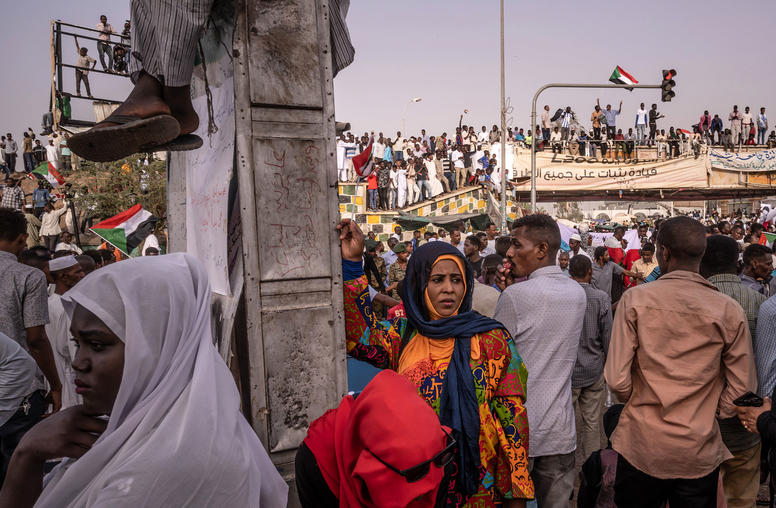
إعادة عملية الانتقال السياسي في السودان إلى مسارها الصحيح
قد حكم الجيش السودان لمدة 53 عامًا من أصل 66 عامًا مضت منذ حصوله على الاستقلال عام 1955. وفي 25 أكتوبر/تشرين الاول استولى الجيش، في حركة مألوفة على السلطة مما ألقى بظلال من الشك على التحول السياسي الذي من شأنه أن يؤدي إلى حكم مدني. وتم حل القيادة المدنية واعتقال قادتها وإعلان حالة الطوارئ. واستشهد قائد الانقلاب الجنرال عبد الفتاح برهان بمبررات بالية لتبرير أفعاله. وفي وقت لاحق أعيد رئيس الوزراء المخلوع عبد الله حمدوك إلى رئاسة حكومة تكنوقراطية إلى أن يحين موعد الانتخابات المقرر إجراؤها في يوليو/تموز 2023.
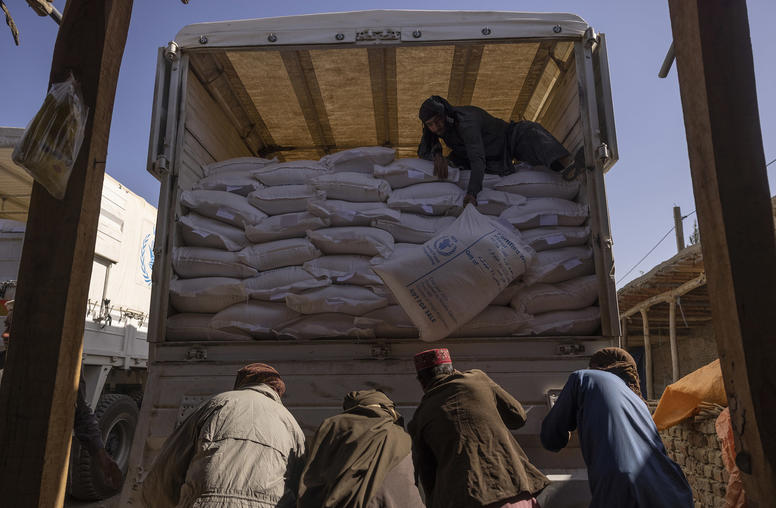
How to Mitigate Afghanistan’s Economic and Humanitarian Crises
Afghanistan is teetering on the brink of a famine and economic collapse. Millions face the prospect of falling into poverty, starvation and even death. On December 22, the U.S. Treasury Department and United Nations Security Council provided sanctions relief for humanitarian assistance flowing to Afghanistan. USIP’s William Byrd says these actions are welcome but insufficient and discusses what more can be done to ensure the delivery of essential, life-saving aid to the Afghan people.
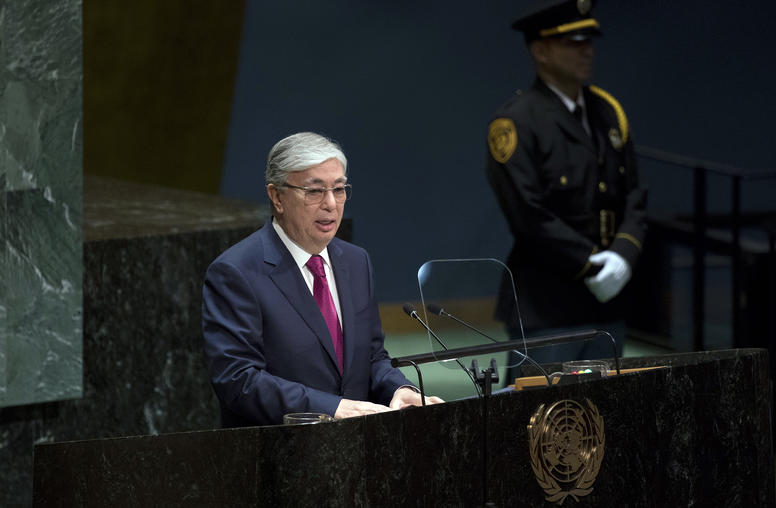
What to Make of Kazakhstan’s Seemingly Sudden Unrest
What started last week as a protest against fuel price increases has quickly turned into a nationwide movement that is taking aim at Kazakhstan’s elite political and economic leaders — in particularly, the semi-retired former President Nursultan Nazarbayev, whose continued role in political affairs has become a focal point of popular discontent. The demonstrations have become increasingly violent in recent days, as protesters clash with Kazakh police and Russian military personnel have been brought in at the request of Kazakhstan’s president. USIP’s Gavin Helf and Donald Jensen discuss where these explosive protests came from, Moscow’s increasing role in the crisis and where Kazakhstan goes from here.
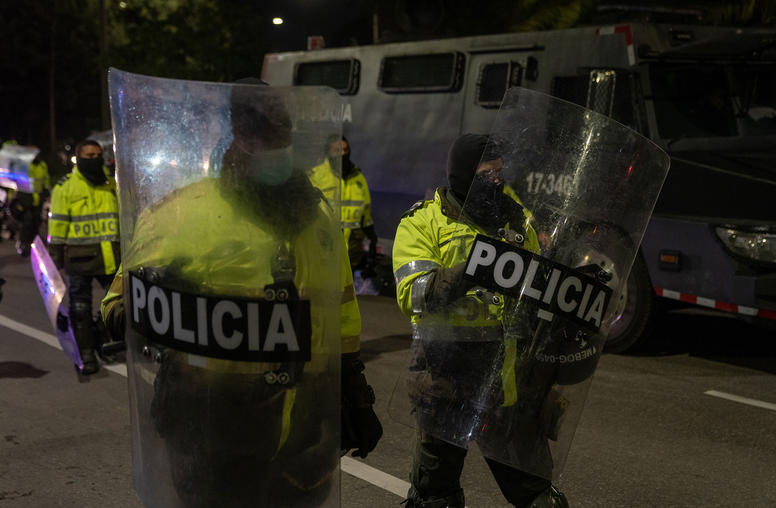
Colombia Police Reform: The Critical Need to Include Rural Forces
The Colombian government, seeking to reform its National Police in a time of security challenges and mass protests, has focused on big-city units that sit in the national spotlight. While the reform efforts are generally praiseworthy, the emphasis on urban areas creates the risk of losing sight of the country’s rural regions — places where guerrillas and other armed actors hold sway, and the fate of peace efforts will ultimately be determined. The resolve and capacity of rural police and courts to meet the needs of citizens in these zones will be critical to achieving meaningful and lasting peace.
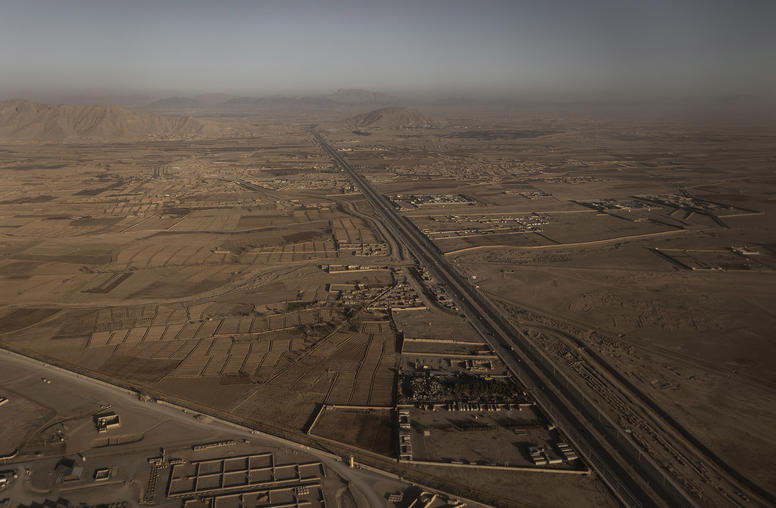
Afghanistan-Pakistan Border Dispute Heats Up
In at least two incidents in late December and early January, Afghan Taliban soldiers intervened to block an ongoing Pakistani project to erect fencing along the shared border between Afghanistan and Pakistan — the demarcation of which prior Afghan governments have never accepted. Despite attempts to resolve the issue diplomatically, and the Taliban’s dependence on Pakistan as a bridge to the international community, both sides remain at odds over the fence. USIP’s Richard Olson, Asfandyar Mir and Andrew Watkins assess the implications of this border dispute for Afghanistan and Pakistan’s bilateral relationship and the region at large.
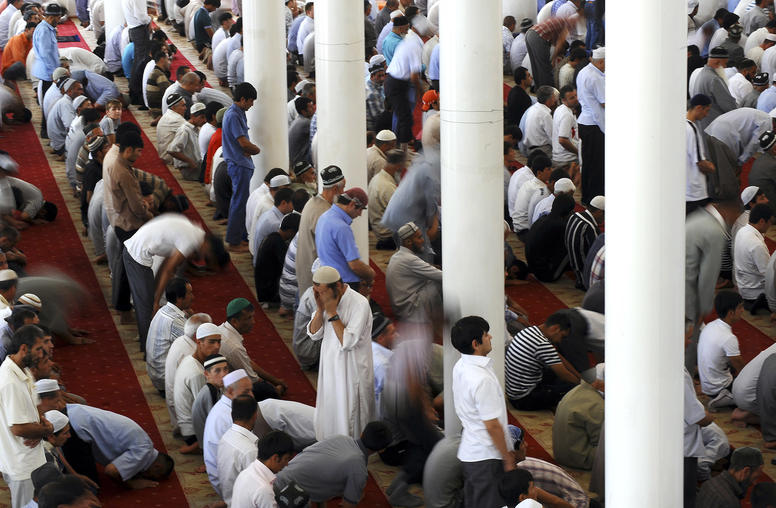
To Help Central Asia, Engage with Muslim Civil Society
Kazakhstan’s violent upheaval this month underscores that governments and international organizations need to more effectively help Central Asia’s 76 million people build responsive, effective governance across their five nations. Mass protests or communal violence also have struck Uzbekistan, Kyrgyzstan and Tajikistan in recent years. As the United States, allied governments and international institutions seek ways to promote nonviolent transitions toward more stable, democratic rule, new research suggests that they explore for partners in an often-ignored sector—Central Asia’s active and disparate Muslim civil society.
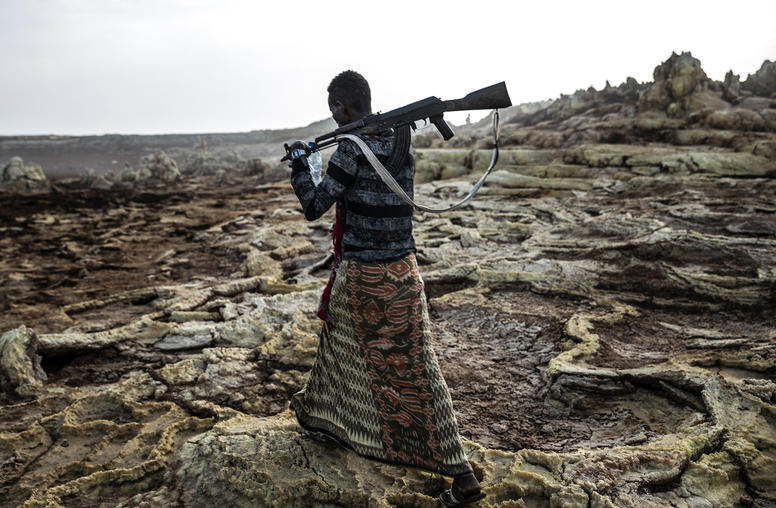
Despite High Stakes in Ethiopia, China Sits on the Sidelines of Peace Efforts
Since November of 2020, Ethiopia has been suffering from a deadly internal conflict that has claimed an estimated 50,000 lives and displaced over two million. The United States, the African Union and others in the region have attempted to secure a cease-fire between the federal government and the Tigray People’s Liberation Front (TPLF) but have made little headway. In contrast, China has remained mainly on the sidelines of peacebuilding efforts even though Ethiopia — the second most populous country in Africa — is a centerpiece of its Africa policy.
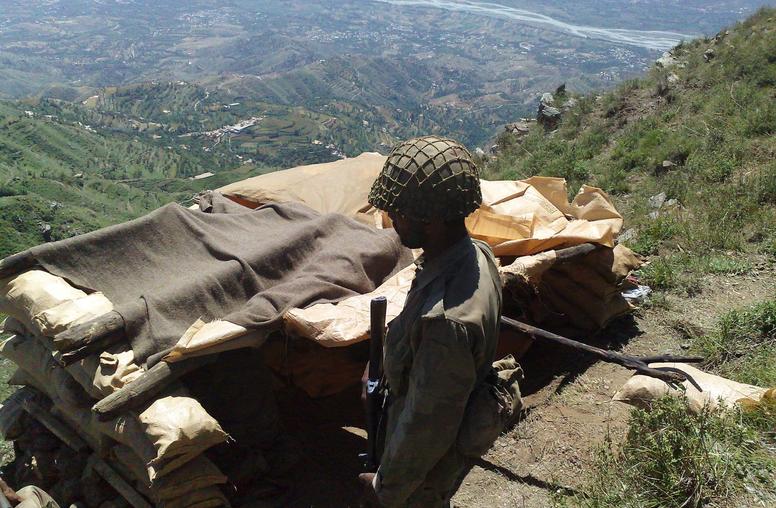
After the Taliban’s Takeover: Pakistan’s TTP problem
In 2021, the Tehreek-e-Taliban Pakistan (TTP) insurgency escalated its challenge against Pakistan. Operating from bases in Afghanistan, and with a growing presence inside Pakistan, the group mounted an increasing number of attacks against Pakistani security forces — as well as against some critical Chinese interests in Pakistan. The insurgency also showed renewed political strength by bringing in splintered factions and improving internal cohesion. Additionally, al-Qaeda signaled its continued alliance with the TTP. On Tuesday, after an attack by the TTP on the police in Pakistan’s capital city of Islamabad, Pakistan’s Interior Minister warned that more attacks by the group are likely.
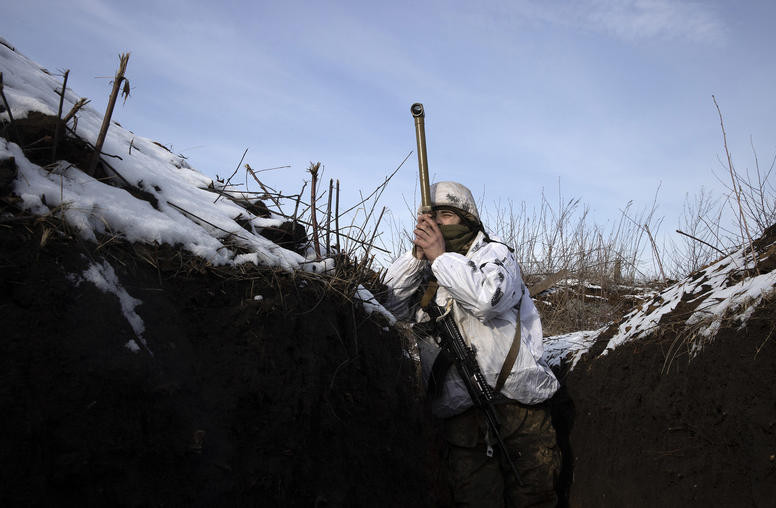
After U.S.-Russia Talks, Risk of War in Ukraine Still High
The risk of a new Russian invasion of Ukraine remains high after today’s meeting in Geneva between Secretary of State Antony Blinken and Russian Foreign Minister Sergei Lavrov. The United States delivered its warning, with European allies, of what Blinken called a “swift, severe and a united response” if the Russian troops massed at Ukraine’s border should attack. But the outcome offered at least a hope of avoiding war as Blinken agreed to offer a set of “written comments” to Russia next week on its demand for “security guarantees” that include barring Ukraine from ever joining NATO — a demand that Ukraine, NATO and the United States reject.
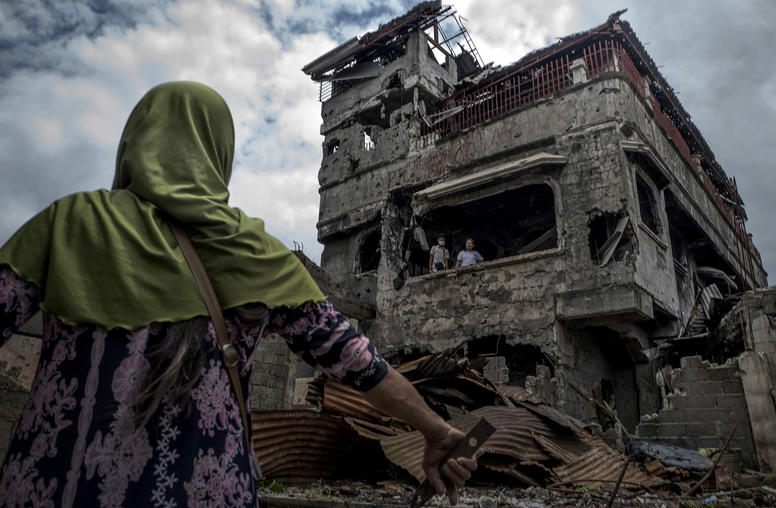
Examining Inclusivity in the Southern Philippines
One of the key challenges facing the Bangsamoro Transition Authority (BTA) is ensuring that the institutions and laws of the Bangsamoro Autonomous Region in Muslim Mindanao (BARMM) in the Southern Philippines are inclusive of the extraordinary diversity that characterizes its people. The recent extension of the BTA’s mandate, pushing the BARMM’s first elections from May 2022 to May 2025, raises both opportunities and challenges.